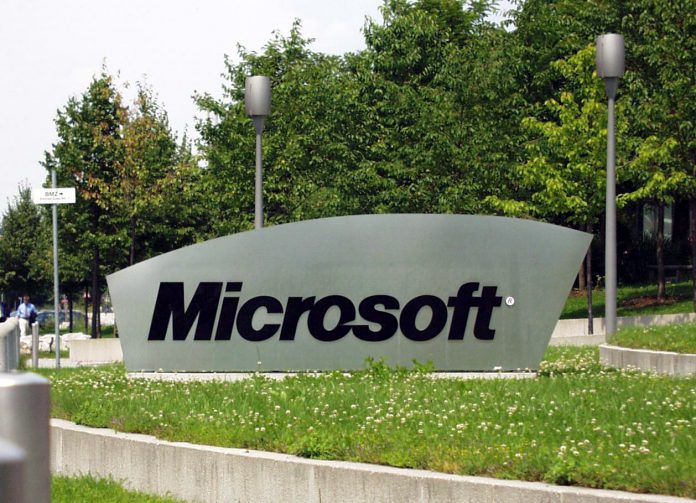Specifically, Samsung was using Microsoft Patents (with the company’s permission) up to 2011. However, those patents were not registered in South Korea. Even so, tax officials thought 15% more tax should be paid in patent fees. Microsoft didn’t pay – even though the tech was from the company. As Samsung was using the patent, it paid the 15% extra for the annual patent fee. Officials in the tax office said this was because of a deal between South Korea and the US regarding patents. However, Samsung also took legal action, stating because the patents were not registered, it shouldn’t have needed to pay domestic tax on them.
Result
It is worth noting Samsung didn’t necessarily do Microsoft a favor. Instead, it simply paid the tax from a royalty is owed to the Redmond company. Following years of legal scuffling with tax authorities, the company has won. The Supreme Court of South Korea ruled the company was entitled to get a refund on that 15% tax, totaling $9.3 million. Officially, the tax is now classed as “undue”. Patents are a way for a company to protect its intellectual property. They essentially serve as a hands off to competitors and prevents them from using/copying the tech. However, companies also share patents for royalties. Microsoft is one of the most prolific patent creators in the teach realm. Tip of the day: Do you get flooded by notifications from apps and want to disable them completely or just the notification sound? Our tutorial shows you how to do this. As an alternative, you can also configure Windows Focus Assist (Do Not Disturb Mode) and set quiet hours.




